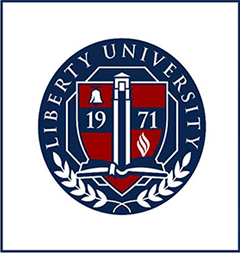Abstract
Generational knowledge loss occurs when retirement-eligible employees depart without transmitting accumulated knowledge to younger employees. The knowledge-loss presents inadequacies if younger employees obtain knowledge on their own instead of gleaning from the experience of the retirement-eligible employees. This article discusses themes found through a qualitative, exploratory, single case study, highlighting transmitting generational knowledge before retirement. It supports the organizational learning theory and the knowledge management theory. The identified themes within the research are knowledge-retention and -transfer of retirement-eligible employees, the benefits and challenges to knowledge-retention and -transfer, the organizational effects of retirement-eligible employees' knowledge-loss, and mentoring and training. A Christian worldview perspective is embedded in the article by incorporating biblical scripture to support the perspective of transmitting generational knowledge. The Scriptures cited highlight the need to seek and gain knowledge to share wisdom. The themes identified herein can be applied to any organization with retirement-eligible employees. Any size organization can use these suggestions to reduce organizational knowledge loss, as the information is infinite and can be applied to support organizational leaders’ strategic plans for succession-planning efforts to ensure mission and continuity efforts are solidifiable to support customer needs. This article can be used to support and reinforce succession-planning initiatives before retirement-eligible employees depart.
Recommended Citation
Cox, Victoria and Allen, Alisa
(2024)
"Transmitting Generational Knowledge,"
Journal of Fundamental & Applied Business Research: Vol. 2, Article 2.
DOI: https://doi.org/10.70623/IDXW6094
Available at:
https://digitalcommons.liberty.edu/jbr/vol2/iss1/2

